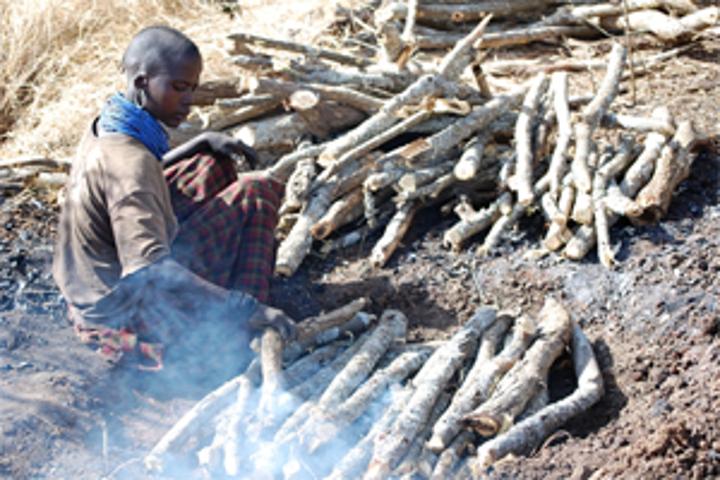Africa-Press – Uganda. The marginal increase in prices of solid fuels, specifically charcoal and some food crops pushed up inflation to 3.7 per cent for the period ended January.
During January, inflation slightly increased from 3.6 per cent, which had been registered for the year ended December.
According to data released by Uganda Bureau of Statistics (Ubos), during January there was a persistent spike in the price of charcoal, a cooking aide used by a number of Ugandans, especially in urban and semi-urban areas.
Charcoal is as a source of cooking energy. During the period, there was also a rise in the price of some food item resulting from low supply.
During the period under review, Ubos said charcoal inflation increased to 8 per cent from 1.5 per cent in December.
Ms Kaudha Aliziki Lubega, the Ubos director macroeconomic, said at the weekend annual energy fuel and utilities inflation increased to -1.9 per cent in January from – 4.6 per cent in December while food crops and related items inflation increased to -5.6 per cent compared to -7 per cent.
The increase, Ms Lubega said was due to the rise in fruits inflation which rose to -2.5 per cent in January compared to -6.3 per cent in December.
Bananas inflation increased to -11.1 per cent compared to – 18.3 per cent.
Declined
However, she said, vegetables inflation had declined to -7.4 per cent in January compared to -7.3 per cent in December.
Ubos also noted passenger transport by road inflation had decreased during the period to 61.3 per cent for the period ended January compared to 64.6 per cent in December.
This, she said, could have been a result of slowed festive season travels and election tension.
Other goods inflation dropped to 2.1per cent in January compared to 2.3 per cent in December.
Inflation per region
The highest inflation was recorded in Aura, which registered 7.2 per cent for the period ended January compared to 7.3 per cent in December. Arua was followed by Kampala High Income Group at 5.1 per cent compared to 4.4 per cent in December.
Gulu registered 2.2 per cent from 2.1 per cent while Jinja recorded 2.1 per cent compared to 1.9 per cent. Inflation in Mbale was recorded at 1.9 per cent from 1.1 while in Fortportal it was registered at 1.6 per cent, the lowest rate during the review period.






